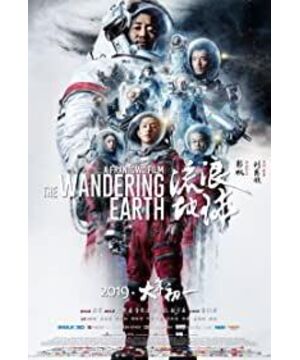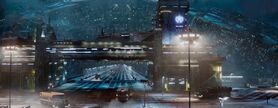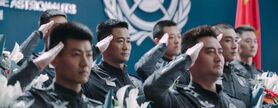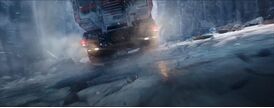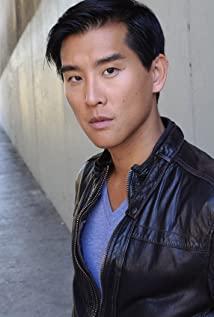Chinese science fiction writers represented by Da Liu and Wang Jinkang have remarkable characteristics. Their stories prefer grand narratives, and they often use cutting-edge physics concepts to collide with the fate of mankind and the universe. This kind of contradiction under the grandeur will give people pleasure, so another interesting phenomenon is: even if you just introduce the settings to your friends (Zhihu has a lot of questions and answers about science fiction settings), Da Liu's novels will feel very cool. Very emotional.
But at the same time, how to properly express the grand and complex setting has also become a problem. Writing a novel is no better than a dissertation, and you can't directly explain the setting with a single chapter background. Therefore, in a large number of Chinese science fiction, we can easily find that an old professor/father/grandpa/fiancee/supervisor tells another ignorant and ignorant character all the knowledge the reader needs to know in the form of a question-and-answer dialogue. The routine is nothing more than "Liu, do you know... what will happen?" "But like this, won't the earth...?" "So we used it a few years ago...".
Unsurprisingly, this setting and explanation style has also been completely preserved in the movie of The Wandering Earth.
Of all the setting-telling methods, the opening narration is almost the last resort, and I have rarely seen a movie where the opening and background settings are explained for such a long time. It seems that the camera has circled the earth more than three times, and it is all narration. To be honest, the intuitive experience is not very bad, but even if you use this rhythm to tell all the following plots, there seems to be no sense of incongruity, you can just listen to the storytelling. This is a poisonous manifestation of the setting of the wandering earth itself, but it also exposes the lack of micro-character logic. It is the cowardice of the screenwriter to read all the information such as the destruction of the surface, the refuge, the establishment of the dungeon, etc., and not dare to try to naturally represent it in the indirect narrative of the characters.
Another clumsy narrative method is the memory under the empty camera. Grandpa used this trick more than once, especially when they were looking out the window at the wind and snow on their way to Shanghai. I don't even understand why my grandfather suddenly read out a large paragraph of supplementary settings from the perspective of God, as if he was actually a robot. ” output to fill the set gap.
The reason why the settings and backgrounds of these novels and movies cannot be properly and naturally expressed is that the characters in the stories have no flesh and blood. They did not really exist, but only lived at a specific breakpoint in the story. They had nothing but to promote the plot tasks that God had given them. They were two-dimensional paper people. How can you expect the paper man to reveal the bits and pieces of life and let you know what he used to be like.
In "The Golden Rose," Paustovsky said that the characters she created would walk around in her own mind, creating plots and doing what his nature was supposed to do. But it's hard to imagine what the characters in The Wandering Earth can do in our minds.
This kind of role that exists for shaking is lack of intrinsic motivation for behavior. When the setting was finished, the protagonist group quickly fell into a situation of nothing to do, Liu Qi and his party did not have any motivation to do anything. But the plot has to move forward, so there is only one way: the implantation of new settings.
This mechanical seance-style clearance method caused chaos in the second half of the film: Liu Qi and his party thought of using Jupiter's storm, but they never had to think about it, and they didn't need to tell/ask others about the specific parameters and feasibility; moss would First tell Liu Peiqiang that the probability of success is 0, and then the fact overturns the hypothesis of 0, indicating that the use of space station assistance is possible to succeed; when we start to think about how moss evaluates the risk of the space station and the earth may be rescued vs. the Tinder plan, this link Was inexplicably skipped because it was almost dispensable to the main storyline.
"Blade Runner" says that androids don't dream themselves, but only have "dream plots" injected into them by dreammakers. Years later, maybe I will forget all the characters in the wandering earth. Their emotions and motivations are just as unimportant as the dreams of androids, but the "dry goods" set in the story will still remain tenaciously in my mind - this is also my story. True memories of the original novel I read many years ago.
It's hard to say whether this is good or bad.
View more about The Wandering Earth reviews


